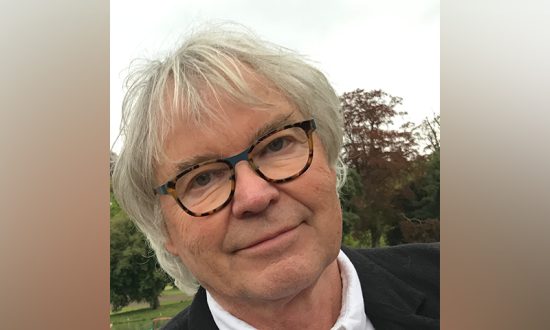Dr Jules Goddard is a member of the faculty of London Business School and of CEDEP at Fontainebleau. He was the inaugural Gresham Professor of Commerce and served as Mercers’ School Memorial Professor at City University.
Action learning is making a comeback. At London Business School, we are pioneering a radically new way of working with executives to develop their skills and tap into their true talent. We are challenging the orthodoxy that the lecture theatre is the natural setting for adult learning.
Daniel Kahneman has demonstrated brilliantly how everyday behaviour is steeped in various forms of systemic bias. In executive education, the most important misconception is that what executives lack is knowledge and that the place to impart that knowledge is the classroom and that the person best equipped to impart that knowledge is the subject-matter expert. This model accounts for more than 90% of all executive education in business schools, and it betrays a serious bias in our understanding of how adults learn.
We contend that the knowledge that is needed to enhance the performance of a business already exists in the minds of those running the business – but it is tacit, unacknowledged, and fragmented. Where management education can help is in designing a forum in which this critical but dispersed knowledge is surfaced, shared, and integrated to form plans, decisions, and initiatives.
The setting in which this best takes place is one that dismantles defensive mechanisms. As soon as managers “drop their guard” and start to connect with one another emotionally – as humans not simply as functionaries – remarkable things start to happen. Ideas and insights coalesce and the recalcitrant problems facing the firm begin to become tractable. Managerial learning is less a process of the personal acquisition of theoretical knowledge than the adaptive application of collective wisdom.
If the knowledge dormant in the minds of the managerial cadre is to be drawn upon effectively, then the first prerequisite of an effective workshop is to bring together the “right minds” in the “right environment”. The “right minds” will be those that collectively contain the seeds of the solution to the most important challenge facing the business. The “right environment” is one that disarms the self-serving (and quite rational) defence mechanisms of the participating executives. Only when the conversation amongst participants is natural, candid, disinterested, and exploratory is it likely to be productive; and only when individual executives freely and openly recognize the fallibility of their own beliefs can collaborative work get done. The spirit that needs to be engendered above all others is one of curiosity – combined with a willingness to challenge strongly-defended positions and interrogate well-entrenched corporate assumptions.
The environment that is most likely to encourage this spirit of inquiry possesses two particular qualities. First, it must feel unfamiliar, uncertain, and unpredictable. It must arouse feelings of surprise, confusion, even discomfort. We know that creativity is stimulated by what Daniel Berlyne has called the collative variables – properties such as novelty, complexity, uncertainty, and unfamiliarity. To an extent, executives should be “thrown off-balance” and immersed in a setting that arouses their interest, curiosity and need to make sense of what at first sight may seem puzzling. Second, it must touch their humanity; it must stimulate an emotional response, such as wonder, pity or affection.
We have taken executives into prisons, science parks, drug rehabilitation centres, museums, shanty towns, hospitals, care homes, and favelas. In short, an effective learning experience features a nice balance between the Aristotelian properties of logos (the appeal to reason), ethos (the appeal to virtue), and pathos (the appeal to emotion). Compared to more traditional methods, the Discovery method downplays the importance of logos and emphasizes the importance of ethos and pathos.
When executives find themselves sharing these emotional experiences far from the office, far from home, and far from equilibrium, they open up to each other. Things get said that need to be shared, and things get shared that need to be applied. In other words, these creative encounters act as a catalyst for more effective behaviour. It is true, of course, that executives can learn directly from these encounters by observing particularly effective practices – a kind of “mimetic learning”. But more importantly, they find a way of learning from each other. Perhaps for the first time, they truly attend to each other, and discover thereby the power of collective knowledge and a cooperative mind-set.
To the extent that there is a need for any “teaching” at all, it is important to recognize how the best teaching exerts an influence. It is not so much what a teacher says as how a teacher behaves that makes a difference, particularly to adult learners. On a Discovery programme, the brilliant teacher is the one who asks good questions, abstains from coming up with simplistic answers, confesses to ignorance, listens to others, plays the devil’s advocate, brings in deviant voices, encourages dialogue, waits on inspiration, seeks to make sense, and trusts in the process of emergent order.
Creativity works best when processes of problem-solving are slowed down. As David McClelland has shown, creative people give themselves permission to take longer to solve problems. Silence is often the most productive moment in an effective workshop.




